Coronavirus infections in Germany are rising, just days after the country eased its lockdown restrictions.
The Robert Koch Institute for disease control announced the country's COVID-19 reproduction rate, or R, had risen to 1.1.
When it goes above 1, it means the number of infections is growing.
It had fallen to 0.7 before Chancellor Angela Merkel bowed to pressure from leaders of Germany's 16 federal states to restart social life and revive the economy on Wednesday.
And despite the acceleration in cases and her announcing measures that included more shop openings and a gradual return to school, thousands took to streets in parts of the country on Saturday to demand an end to all restrictions.
Karl Lauterbach, a professor of epidemiology and Social Democrat lawmaker, warned a rapid spread of COVID-19 was likely after he saw large crowds out and about in his home city of Cologne.
"It has to be expected that the R rate will go over 1 and we will return to exponential growth," he said in a tweet.
"The loosening measures were far too poorly prepared."
The Robert Koch Institute said on Sunday that Germany's confirmed number of new coronavirus cases had increased by 667 to 169,218, while the daily death toll had risen by 26 to 7,395.
The institute said in a separate daily bulletin issued on Saturday evening that "it is too early to infer whether the number of new infections will continue to decrease as in the past weeks or increase again".
It also warned that the R figure was subject to statistical uncertainty, adding: "The increase of the reproduction number R necessitates a close monitoring of the situation."
When relaxing the lockdown, Ms Merkel also announced an "emergency brake" to allow for restrictions to be reimposed if infections pick up again.
But despite the removal of some restrictions, protesters gathered in a number of German cities to demand they were all abandoned.
They included around 3,000 people who took part in a demonstration in Munich. Although police admitted some of those present ignored social-distancing rules, officers said they did not halt it so as to "avoid escalation".
Germany has the sixth-largest number of confirmed COVID-19 cases in Europe but has managed to contain fatalities thanks to widespread and early testing and a healthcare system that is well-run and well-funded.
Critics say the latest phase of its pandemic management has placed too much burden on local authorities to detect and respond to new outbreaks.
A threshold set at 50 cases per 100,000 people for reimposing distancing measures is also seen by some epidemiologists as too high.
It has already been triggered in two districts in the states of North Rhine-Westphalia and Schleswig Holstein, where COVID-19 has broken out among workers at meat processing plants.
https://news.google.com/__i/rss/rd/articles/CBMia2h0dHBzOi8vbmV3cy5za3kuY29tL3N0b3J5L2Nvcm9uYXZpcnVzLWdlcm1hbnktaW5mZWN0aW9uLXJhdGUtcmlzZXMtanVzdC1kYXlzLWFmdGVyLWxvY2tkb3duLWVhc2VkLTExOTg2MTY30gFvaHR0cHM6Ly9uZXdzLnNreS5jb20vc3RvcnkvYW1wL2Nvcm9uYXZpcnVzLWdlcm1hbnktaW5mZWN0aW9uLXJhdGUtcmlzZXMtanVzdC1kYXlzLWFmdGVyLWxvY2tkb3duLWVhc2VkLTExOTg2MTY3?oc=5
2020-05-10 16:31:03Z
52780774569462
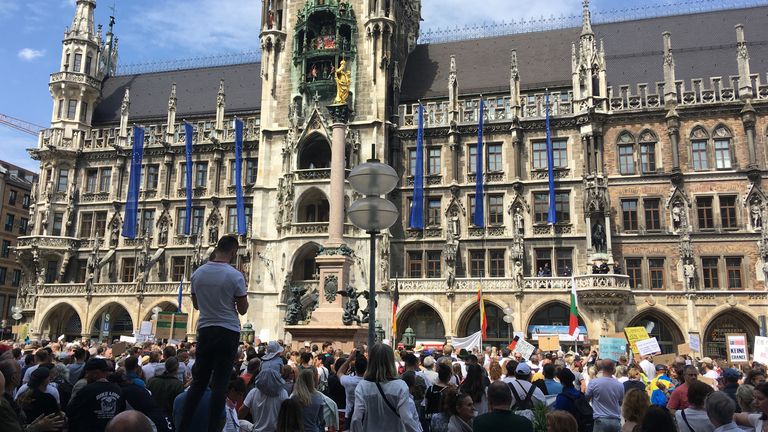
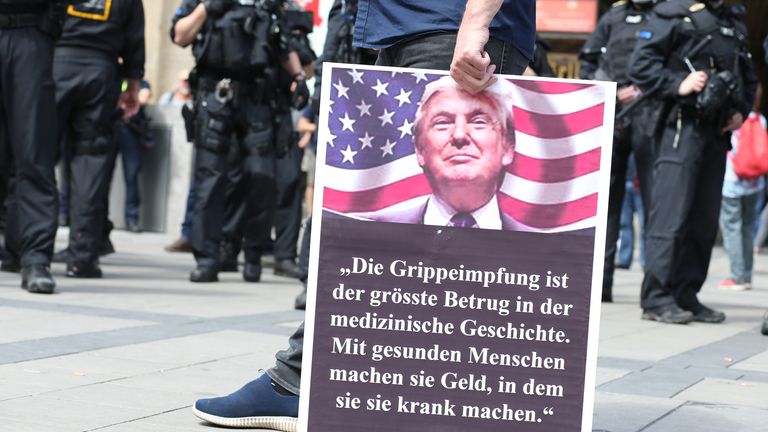
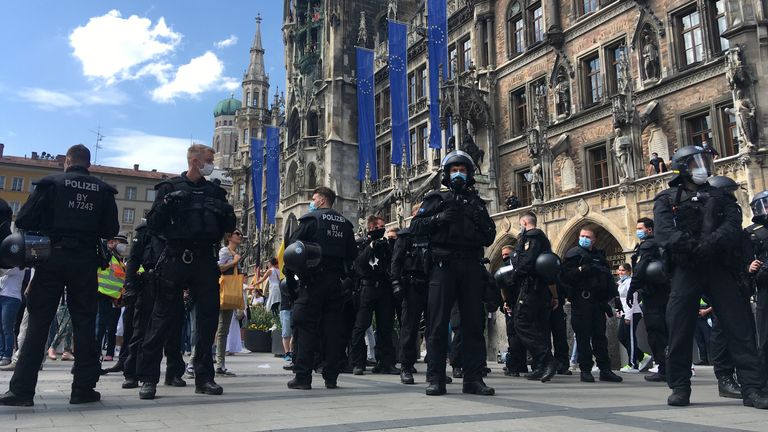
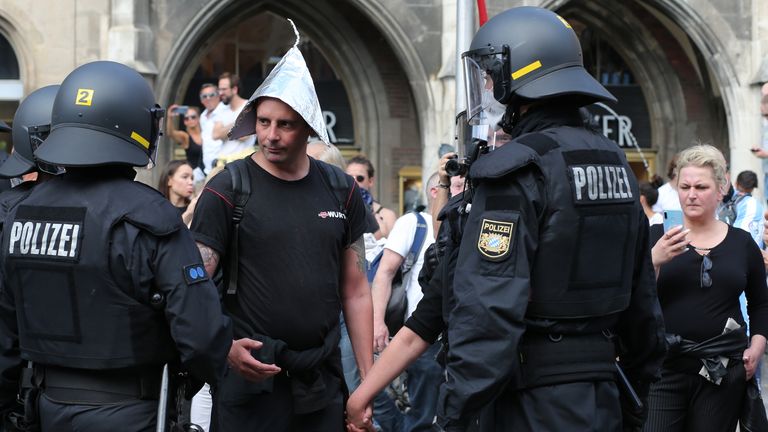
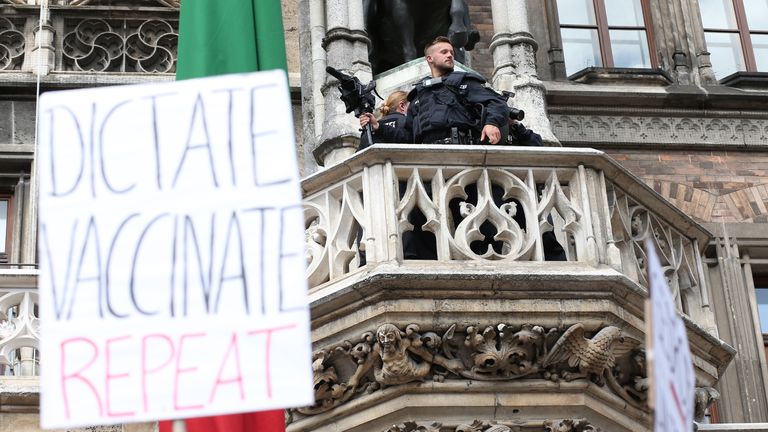

Tidak ada komentar:
Posting Komentar